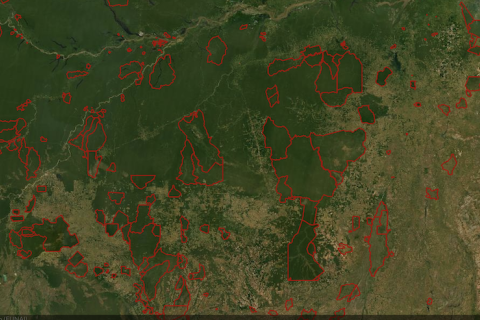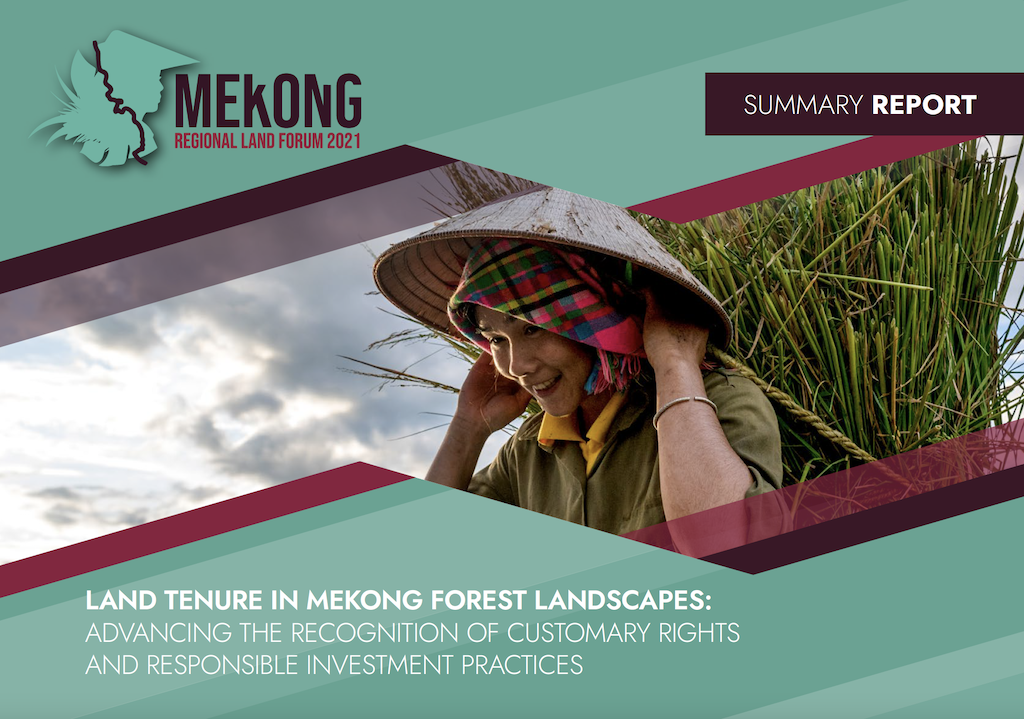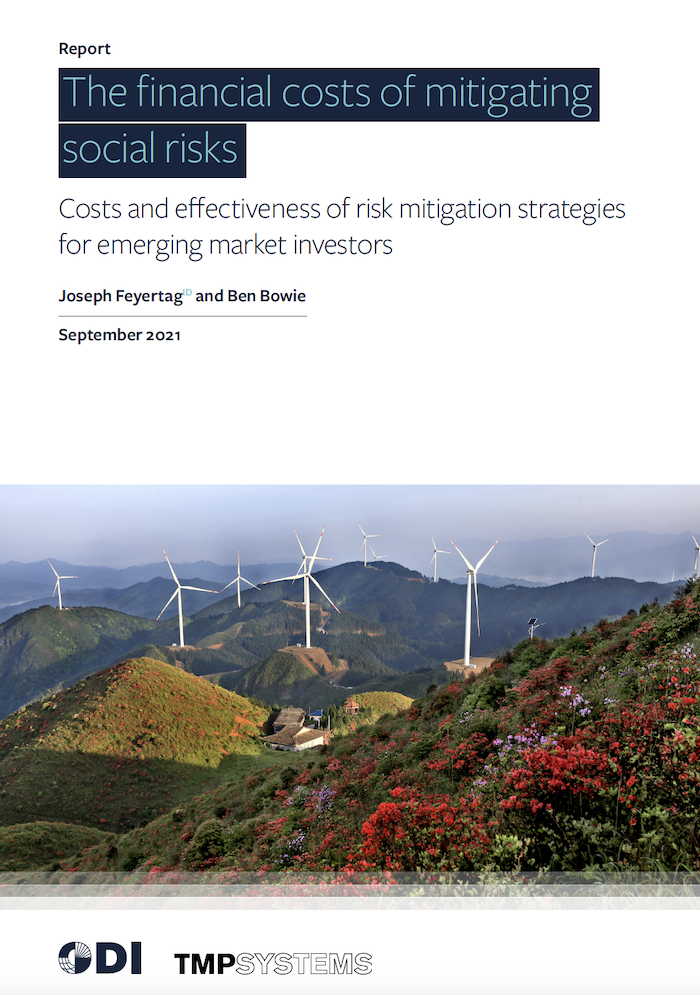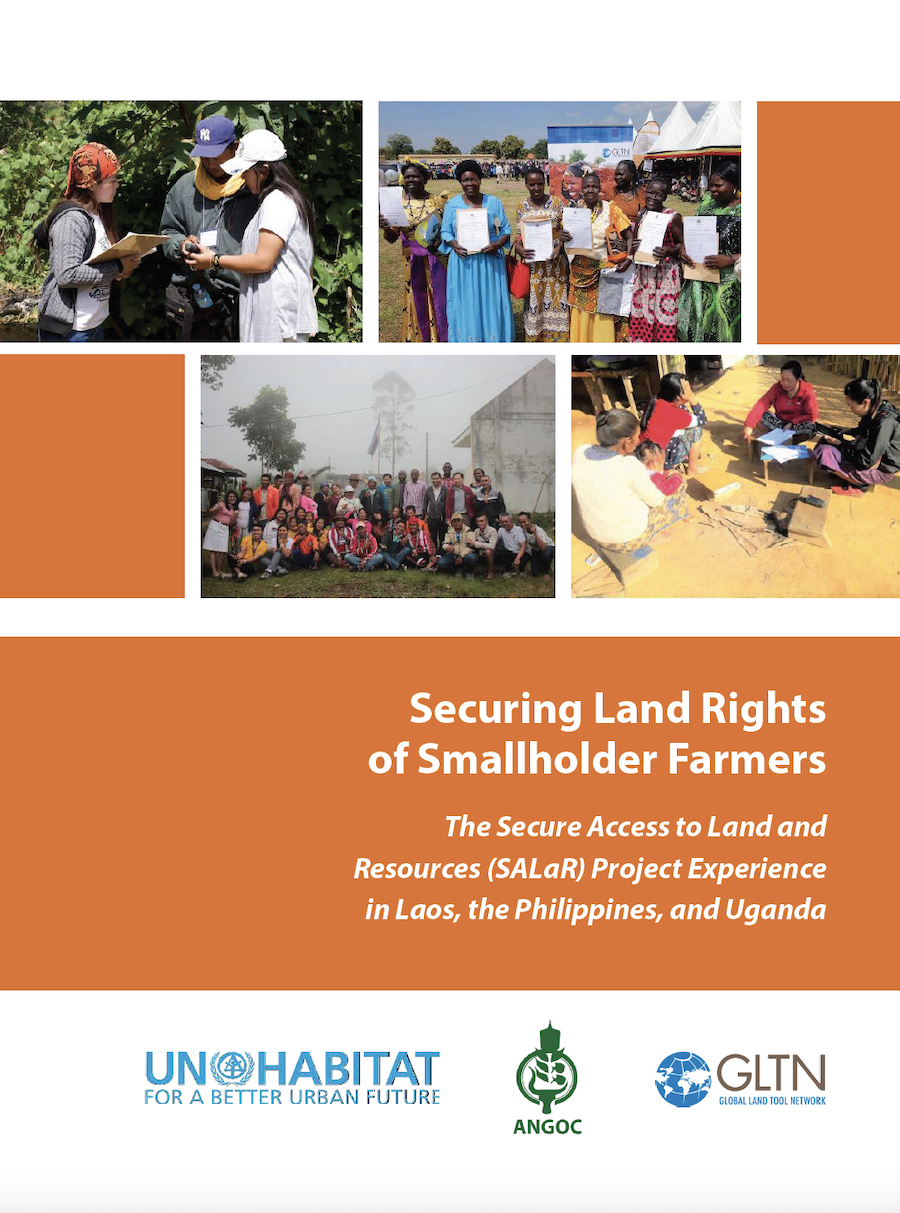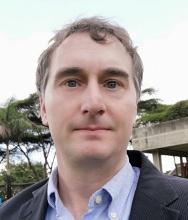
Topics and Regions
Neil Sorensen joined the Land Portal as its Communications Specialist in October 2015. He has extensive experience leading communications for international organizations and developing relationships with civil society, donors, intergovernmental agencies, the media and the private sector. Previously, Neil worked for the International Fund for Agriculture Development (IFAD) as a Governing Bodies Officer and Strategic Adviser to the Secretary of IFAD. He has also led communications for three international organizations, including the International Land Coalition, the International Federation of Agricultural Producers (IFAP) and the International Federation of Organic Agriculture Movements (IFOAM). He holds a Master’s degree in Global Diplomacy from the University of London School of Oriental and African Studies (SOAS) as well as a Bachelor’s degree with a double major in German and Sociology from St. Cloud State University.
Details
Location
Contributions
Displaying 301 - 310 of 1156Indigenous forest tenure: the important role local people play in forest conservation and carbon management
A new data story based on a recent study by the FAO demonstrates how the forests of indigenous and tribal territories in Latin America are key for mitigating climate change and conserving biodiversity.
Opportunity: Data Analyst (Senegal)
Seeking Data Analyst for Open Land Data Project in Senegal
LAND PORTAL FOUNDATION
Open Up Guide for Land Governance Implementation Project
Send applications by 29 October 2021
About the Land Portal
Opportunity: Researcher (Senegal)
Seeking Researcher for Open Land Data Project in Senegal
LAND PORTAL FOUNDATION
Open Up Guide for Land Governance Implementation Project
Send applications by 29 October 2021
Land Tenure in Mekong Forest Landscapes
The Summary Report of the 3rd Mekong Regional Land Forum provides a comprehensive review of the key messages from the event including a synthesis of keynote speeches, key take-aways, the links to all presentations and additional documentation.
Implementing progressive laws can accelerate securing women’s land rights in Francophone Africa
In sub-Saharan Africa, less than 13 percent of women aged 20-49 have rights to land, according to research by the World Bank. Therefore, securing their land rights remains a very crucial matter to boost their socio-economic empowerment.
Nearly half of investors in Africa have experienced disputes with local communities – new research
Almost half (46%) of investors surveyed in sub-Saharan Africa have experienced disputes with local communities over land, new research from the ODI and TMP Systems has found.
As part of an ongoing initiative to facilitate responsible land investment, experts have warned companies are failing to avoid serious risks both to themselves and local communities, even though it makes financial sense to do so.
The financial costs of mitigating social risks
This report assesses the costs and effectiveness of responsible investment practices in emerging market contexts. Its results make the business case for investments in social risk mitigation and avoidance practices. Such practices include community engagement efforts, impact assessments and the establishment of grievance resolution mechanisms. Implemented correctly, responsible investment practices engender confidence and trust between investors and local communities, which secures social buy-in and mitigates the financial risks associated with disputes.
Job Opportunity: Legal or Policy Researcher
Programme Management Officer, Human Settlements, P4 (Temporary Job Opening)
Posting Title: Programme Management Officer, Human Settlements, P4 (Temporary Job Opening)
Job Code Title: Programme Management Officer, Human Settlements
Department/Office: United Nations Human Settlements Programme
Duty Station: KINSHASA
Posting Period: 17 August 2021 – 15 September 2021
Job Opening Number: 21-Human Settlements-UN-HABITAT-162034-J-Kinshasa (E)
Staffing Exercise: N/A
Securing Land Rights of Smallholder Farmers
This report summarizes the background, achievements and emerging outcomes of the Securing Access to Land and Resources (SALaR) project implemented towards improving land and natural resources tenure security for rural poor smallholder farmers, including women, men, youth and vulnerable groups in Uganda, Philippines and Laos.

